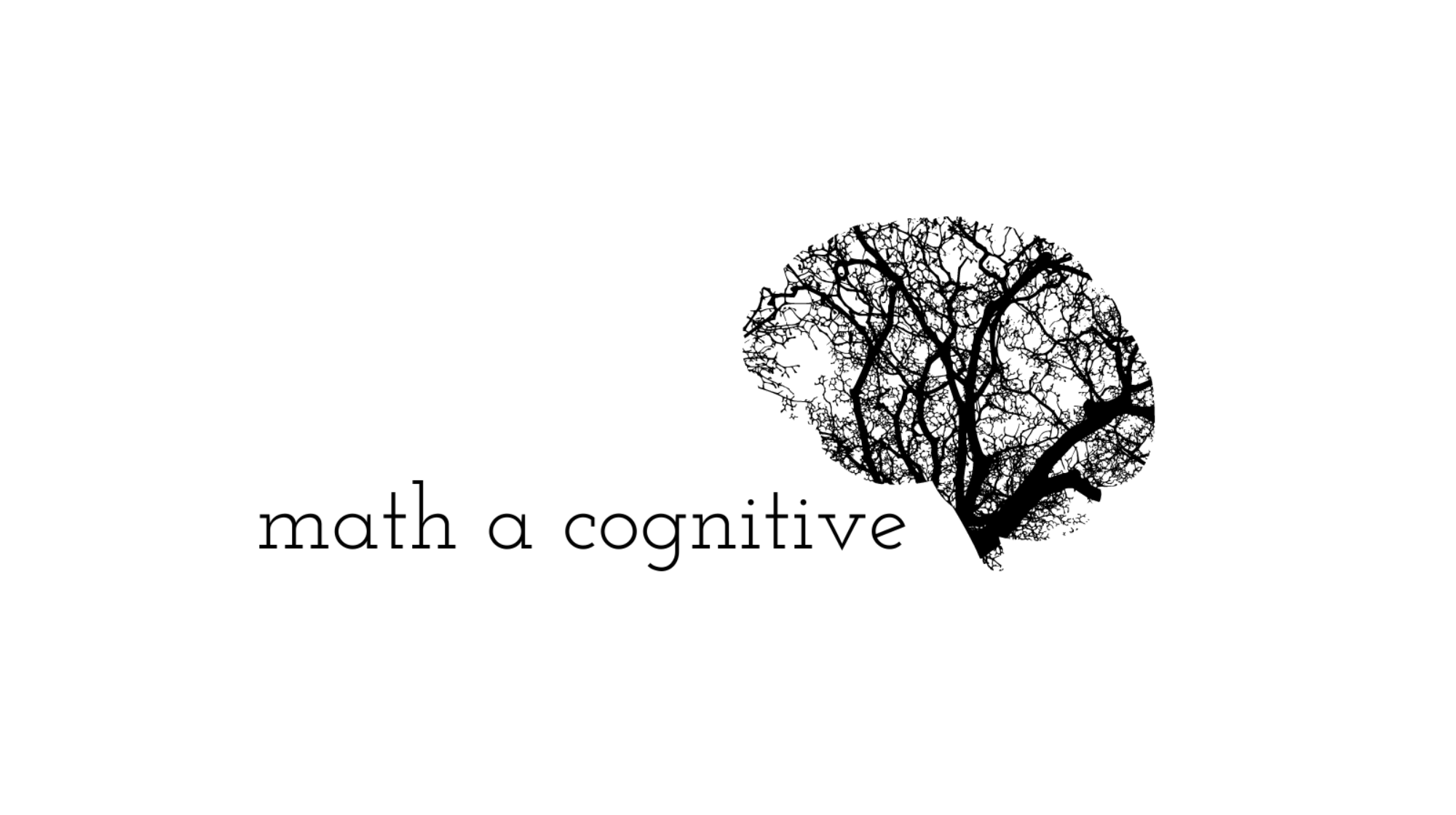It must be a November thing.
Because when I sat down this week to to write, I thought “it’s been a hard fall, but I should count up and share some of the wins”
And then I remembered, I had posted something like that before.
Turns out it was almost exactly a year ago. I didn’t plan that, but maybe next year I will. (#MathacognitiveTraditions)
Maybe it’s the influence of a holiday about gratitude (and carbs, which are also a thing I am grateful for). Maybe it’s the declining amount of sunlight, which always challenges me.
But mostly, I think it’s about being a few months into the school year. The new-ness has worn off (even this year, with so much new) and a holiday break is sounding good, and I (and I assume you) could use a reminder of the positives.
(When I do teacher self-care workshops, this is always the first strategy I recommend, so practicing what I preach. Also, all the research agrees)
So, the struggles with tech and attendance and the impacts of the world on our students (and our teachers) are very real and very present. But, I’m taking a minute to remind myself of the wins.

Including …
+The student who came, so sick and still determined to zoom class.
+And the classmates who taught her the exponent lesson she had missed. (And passed along home remedies and good wishes)
+And the one who had been MIA for a few weeks who came back (I think it was the email “I’m worried because we haven’t seen you…” Because, connection, even in the slog of managing remote attendance)
+And the one who asked for quadratics. And the one who has been in school for like 2 months in the last 10 years who jumped into algebra on Khan academy.
I am worried about other students, and the challenges of the year, but these and others can keep us moving forward and reaching out and putting the best teaching we can out there.

